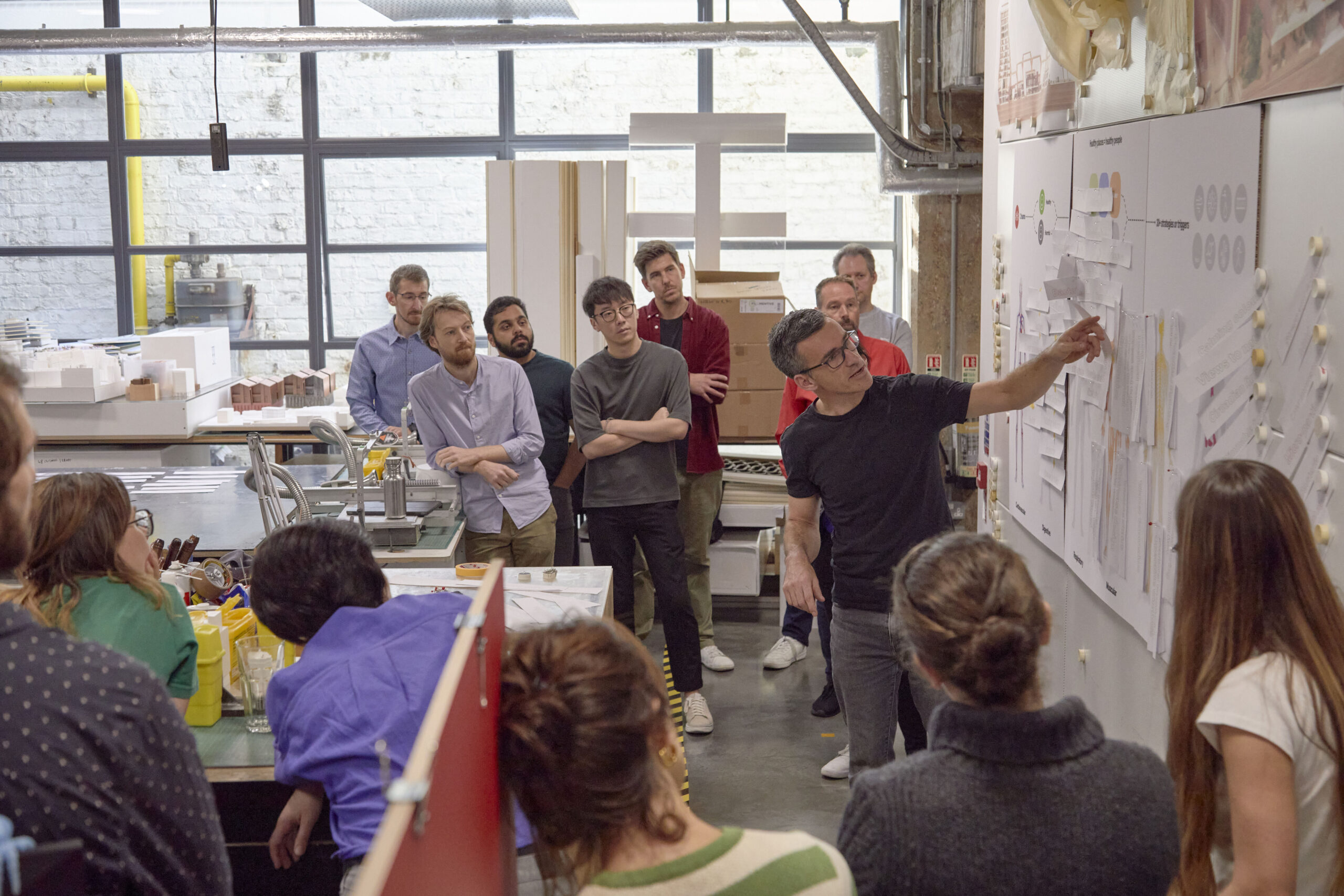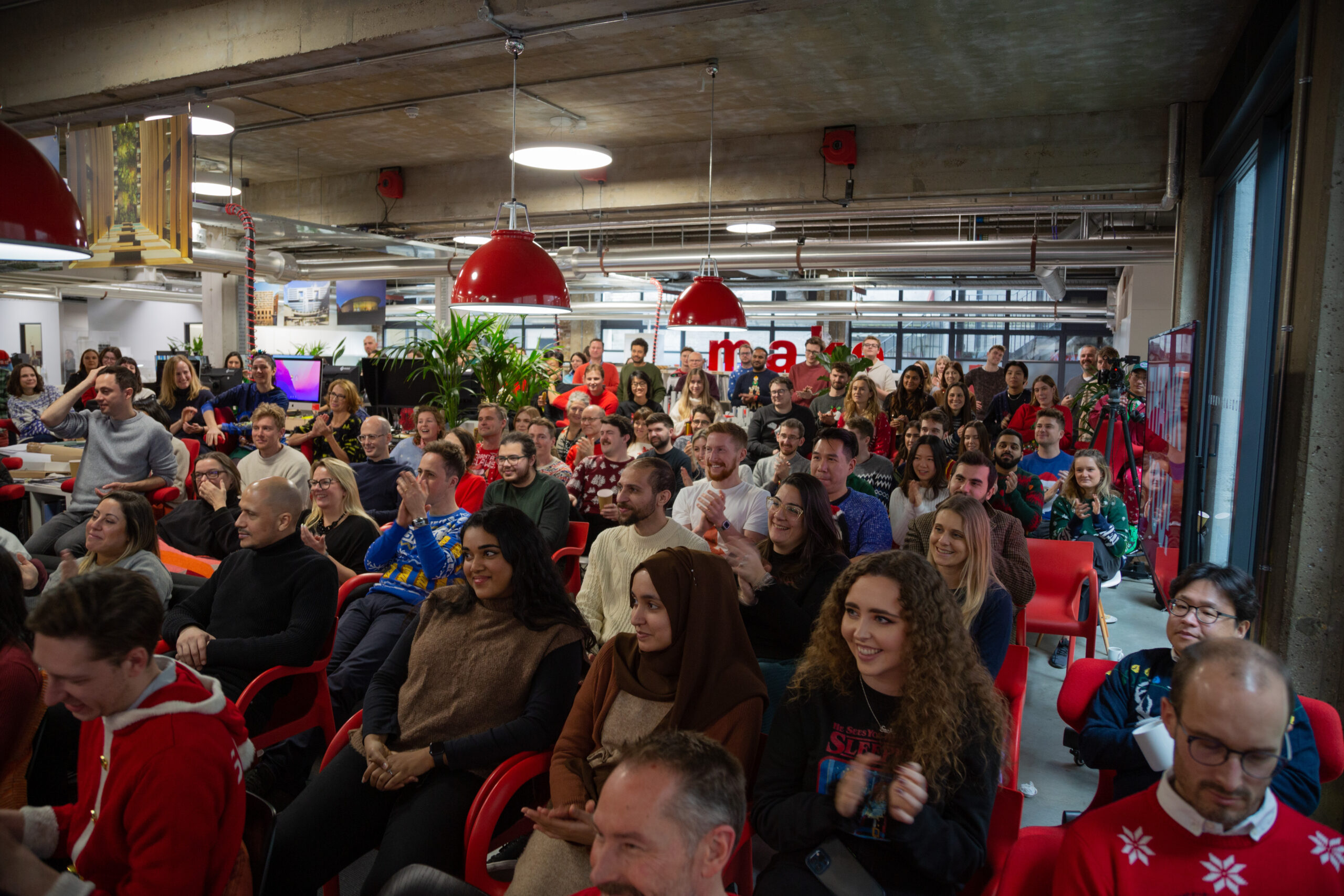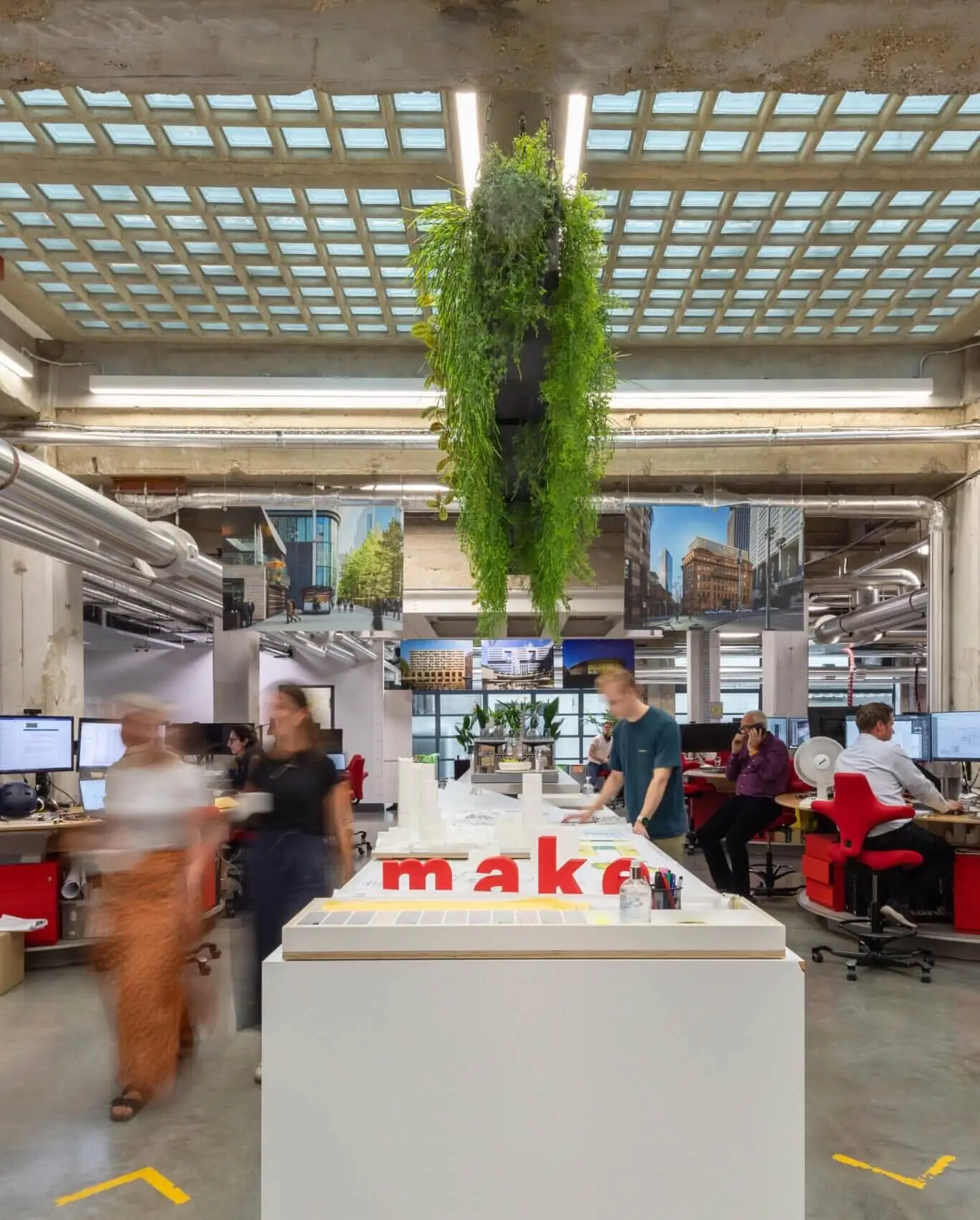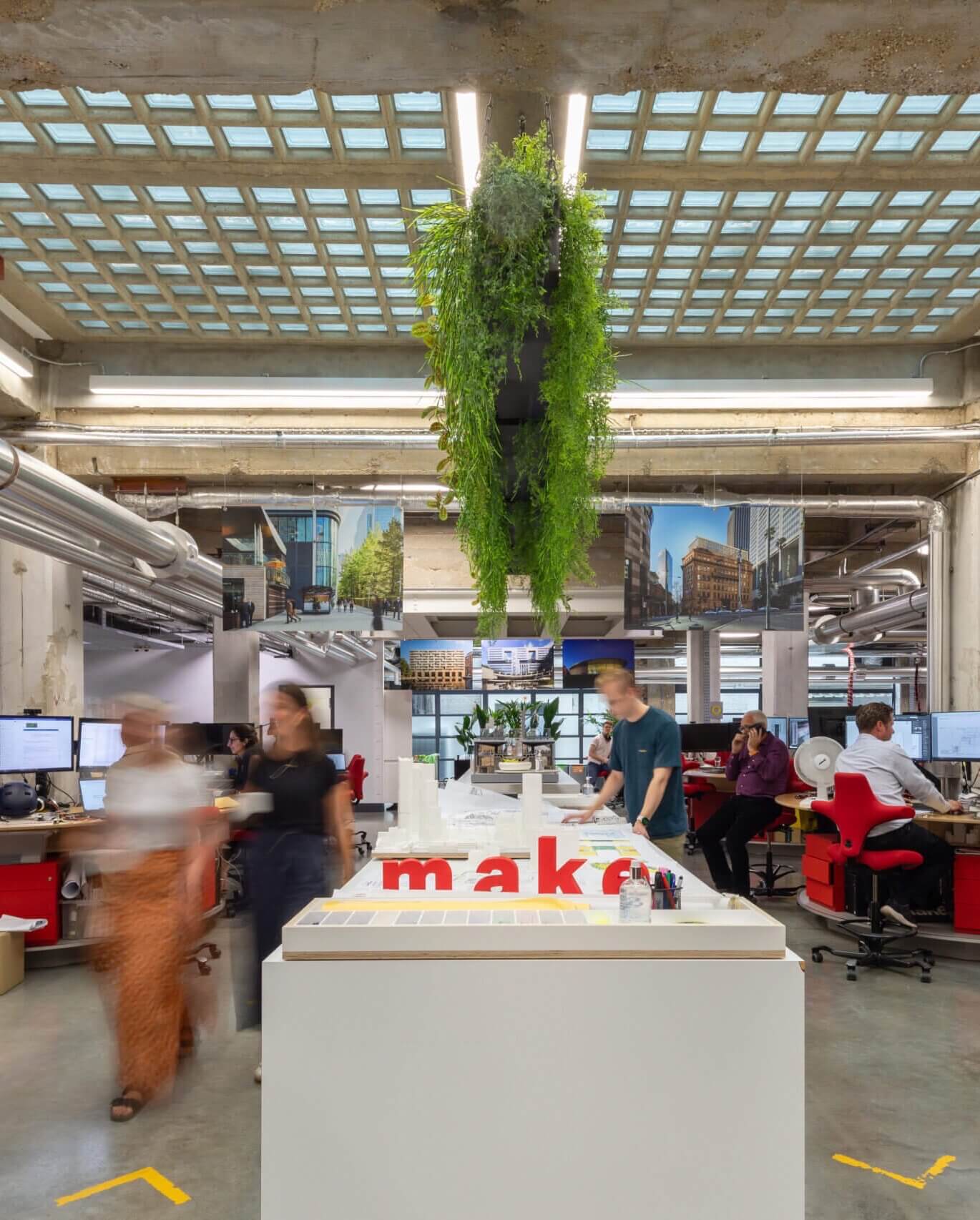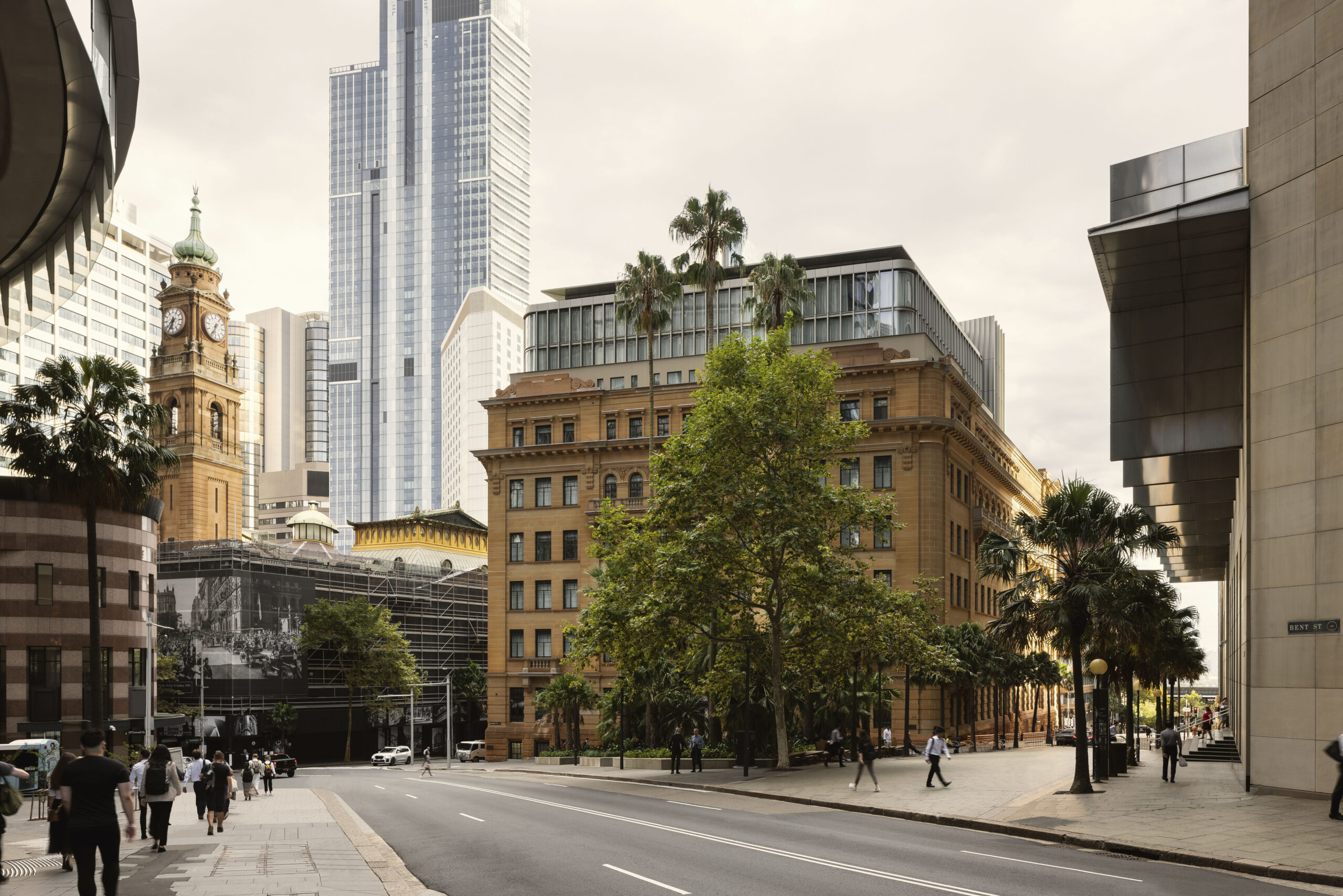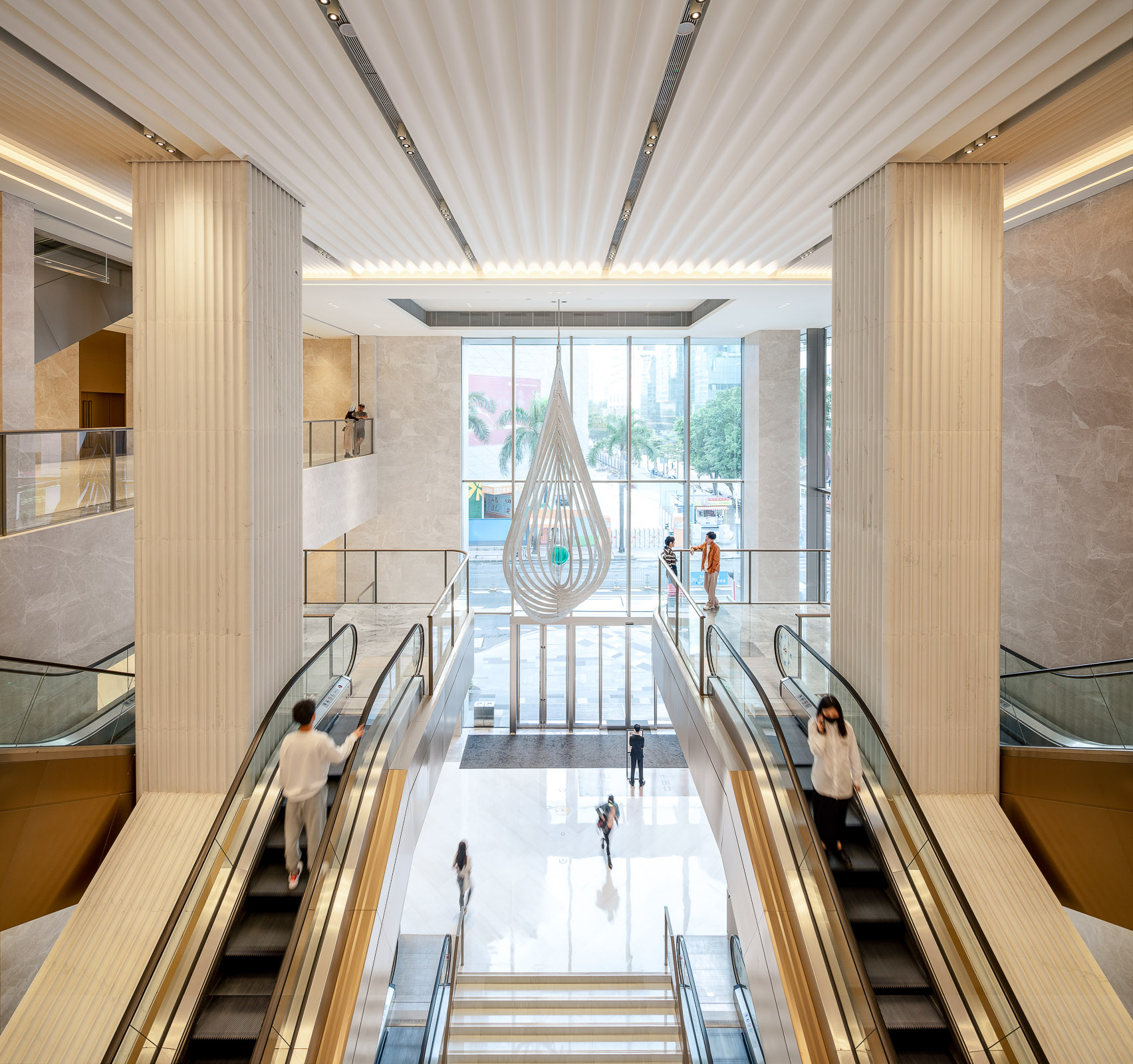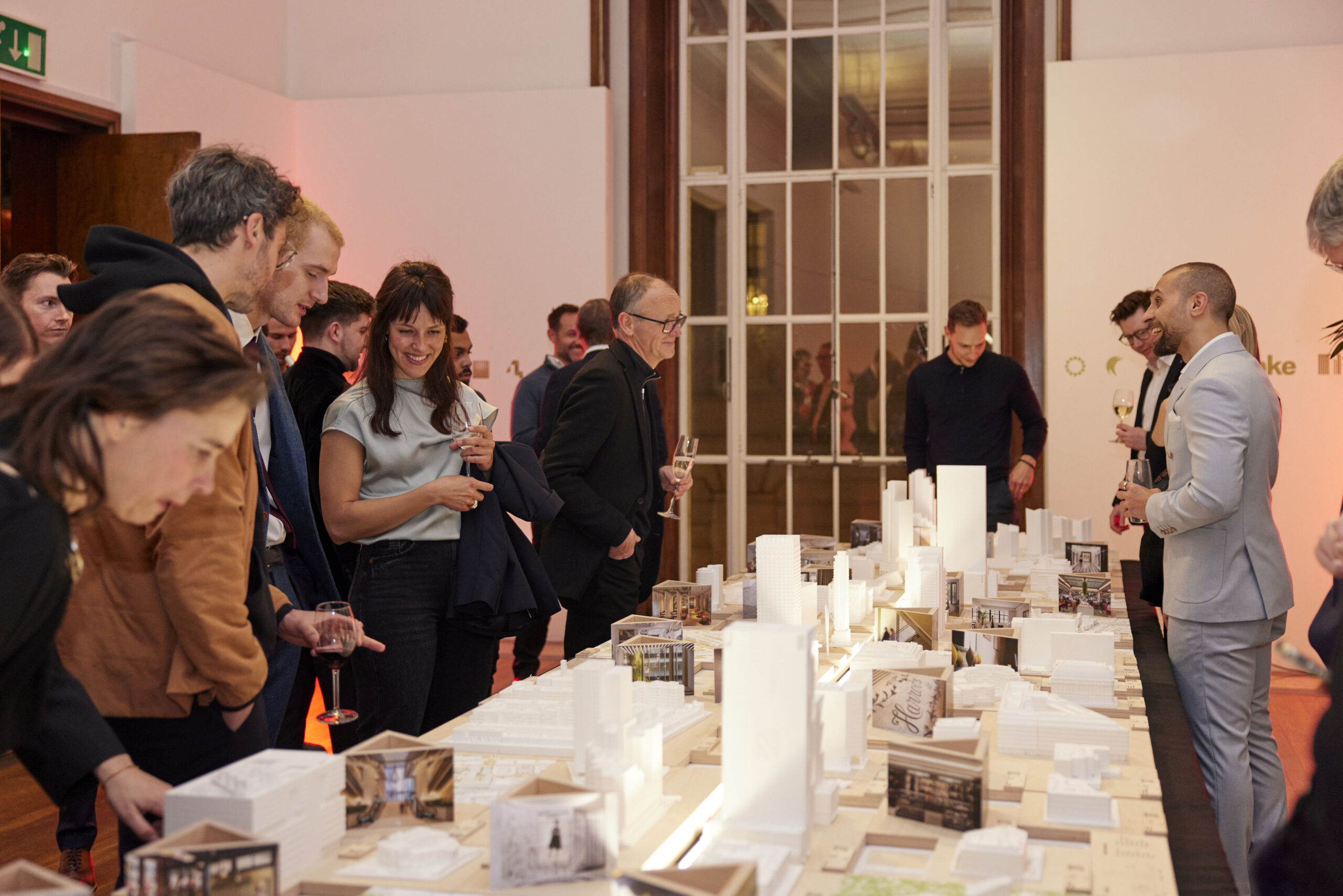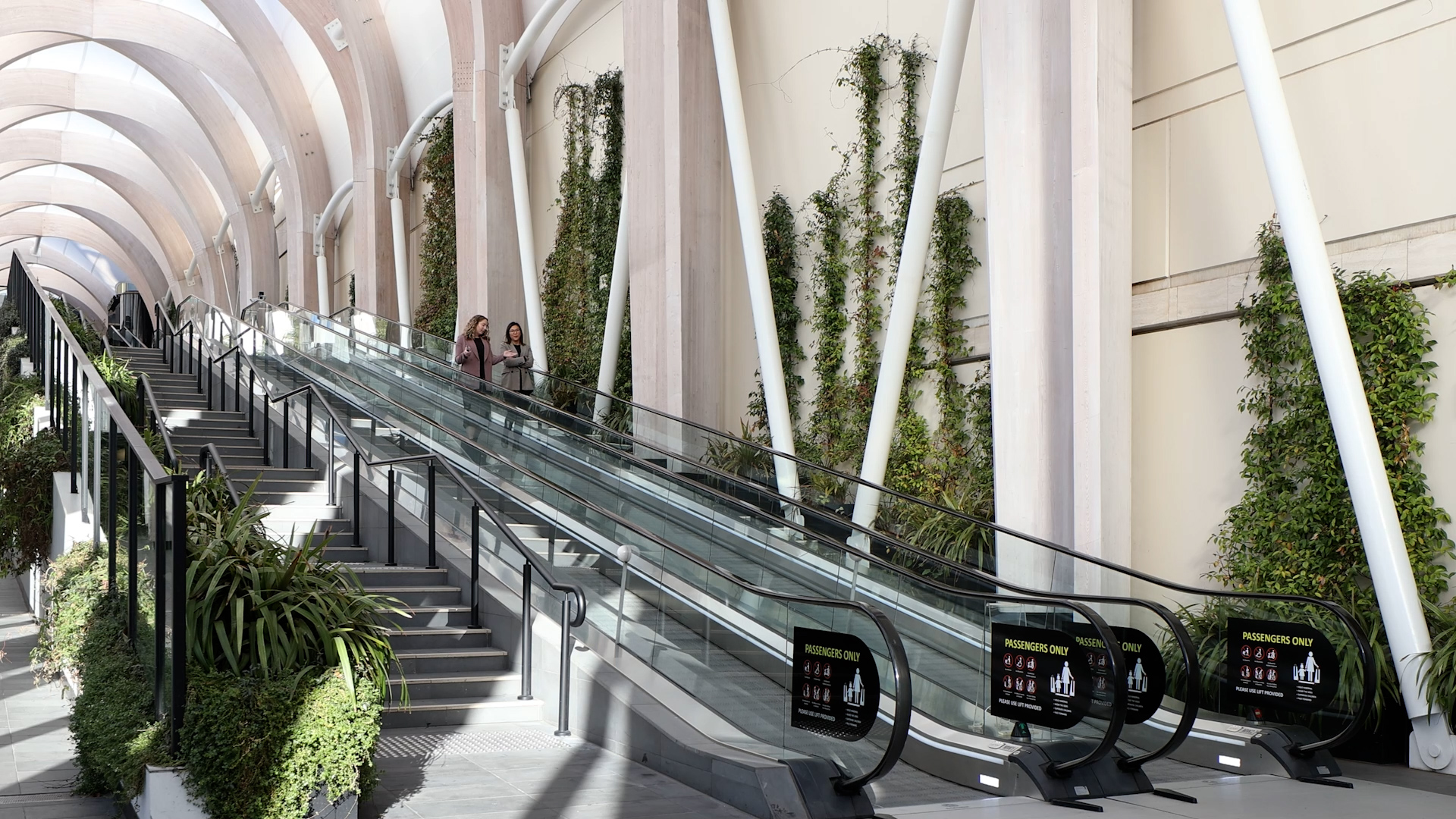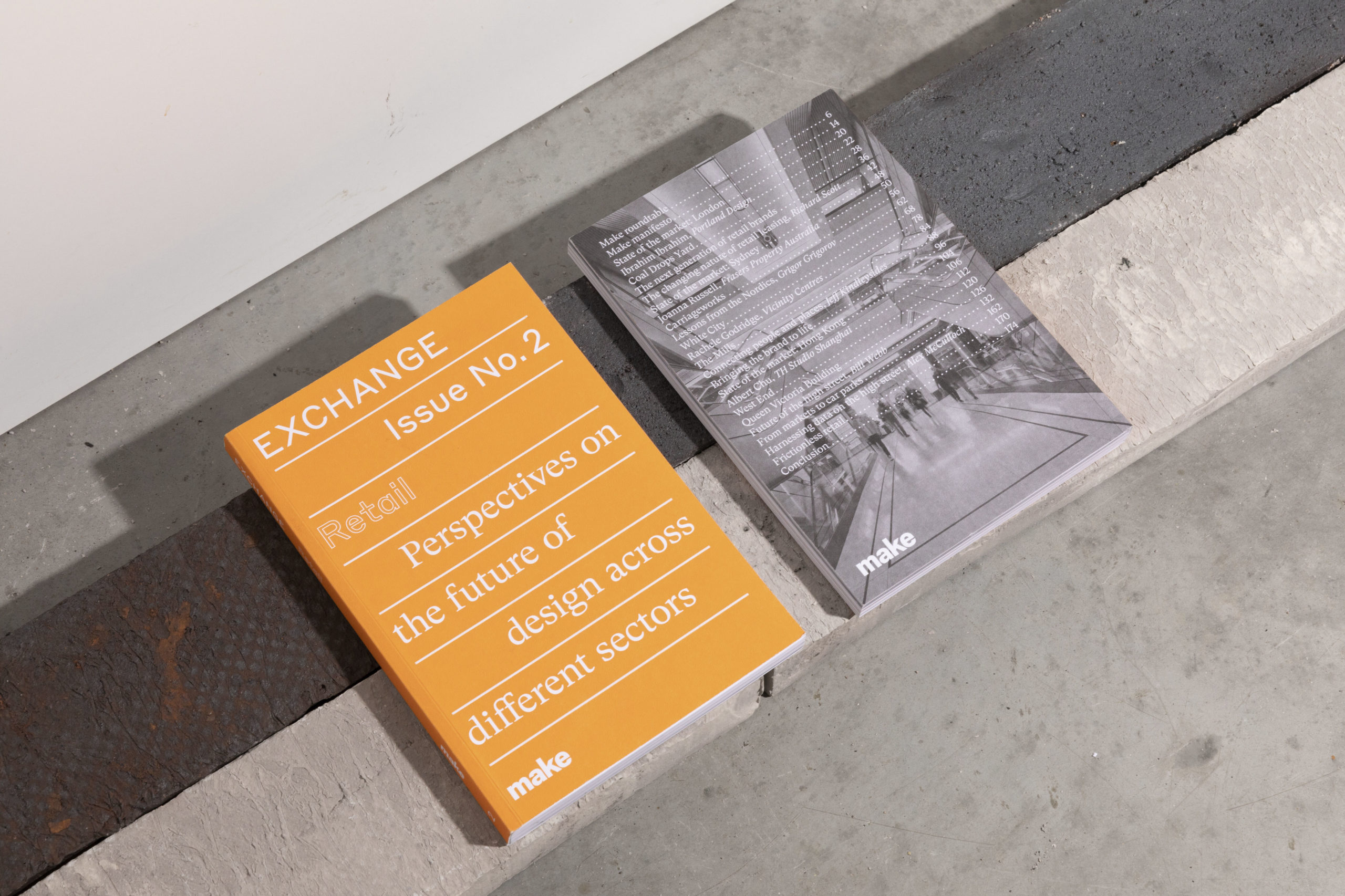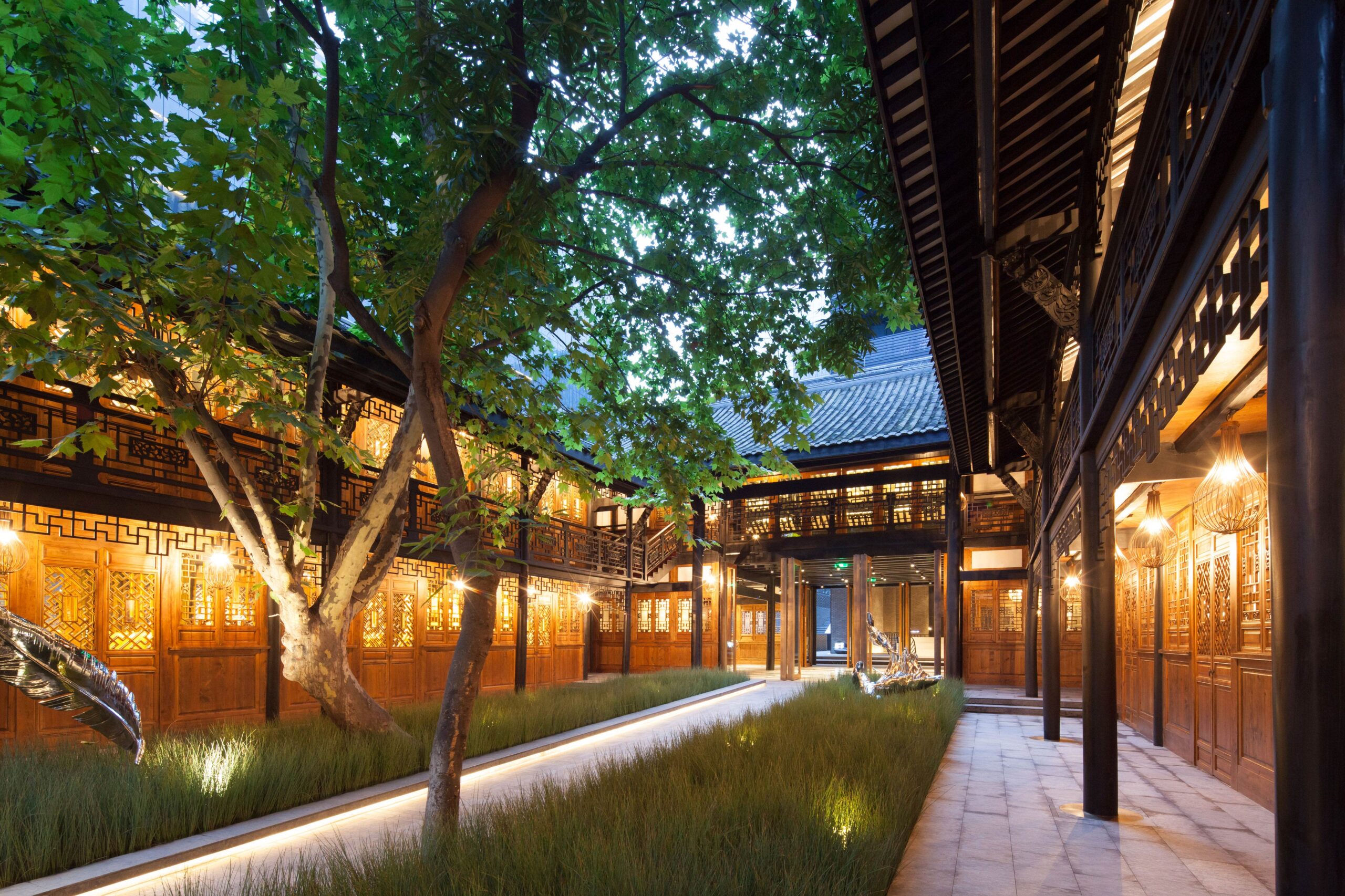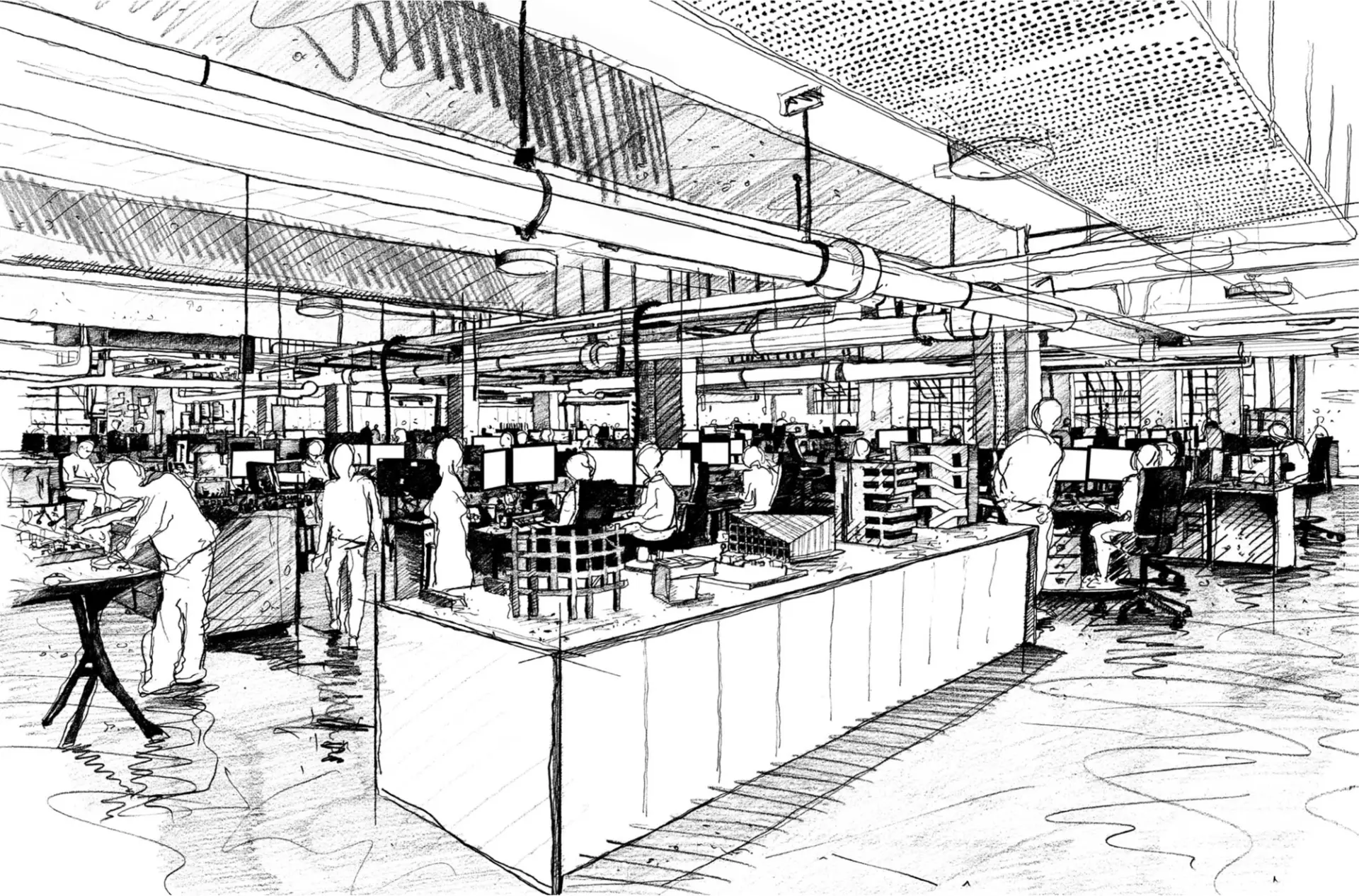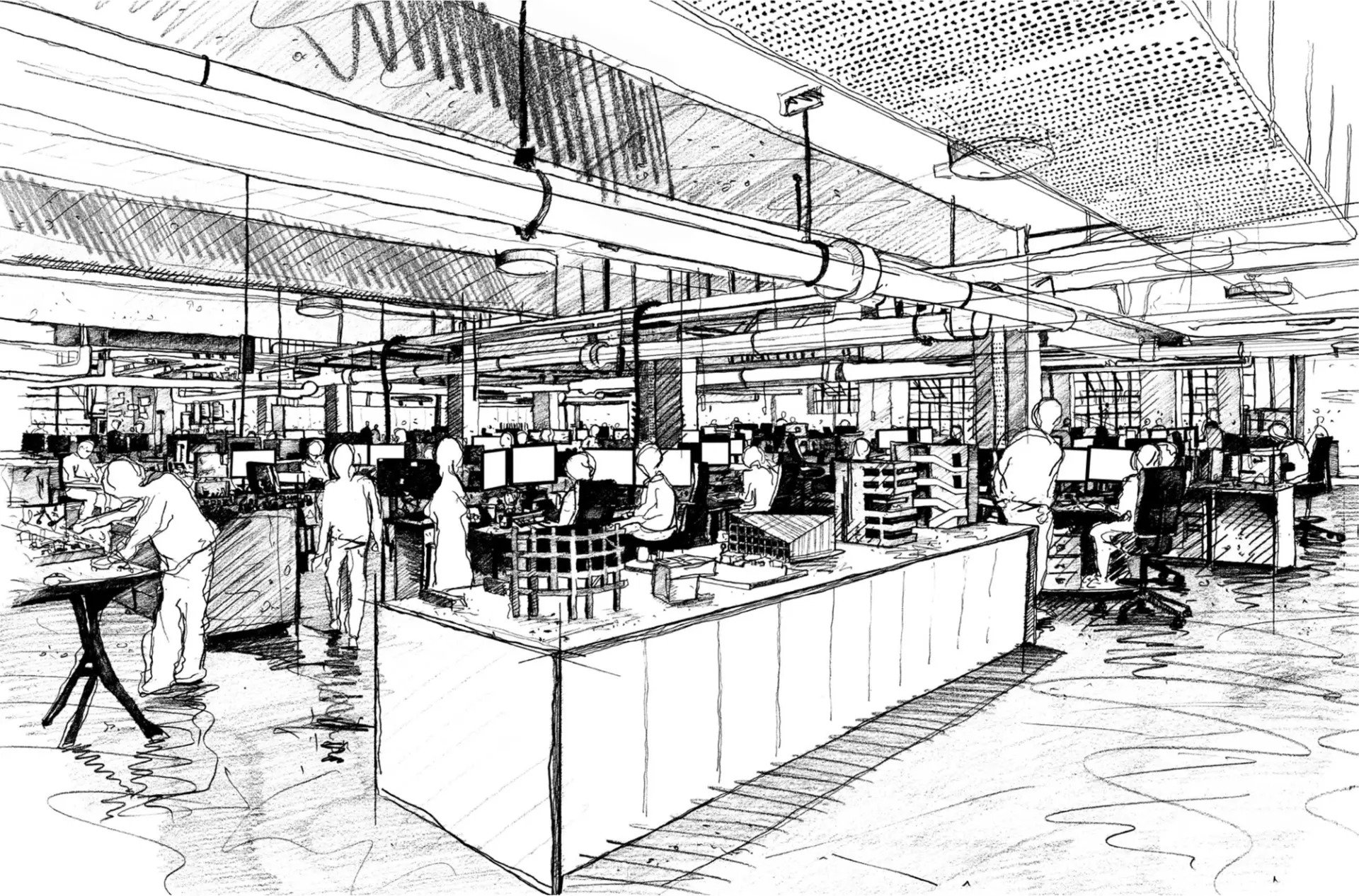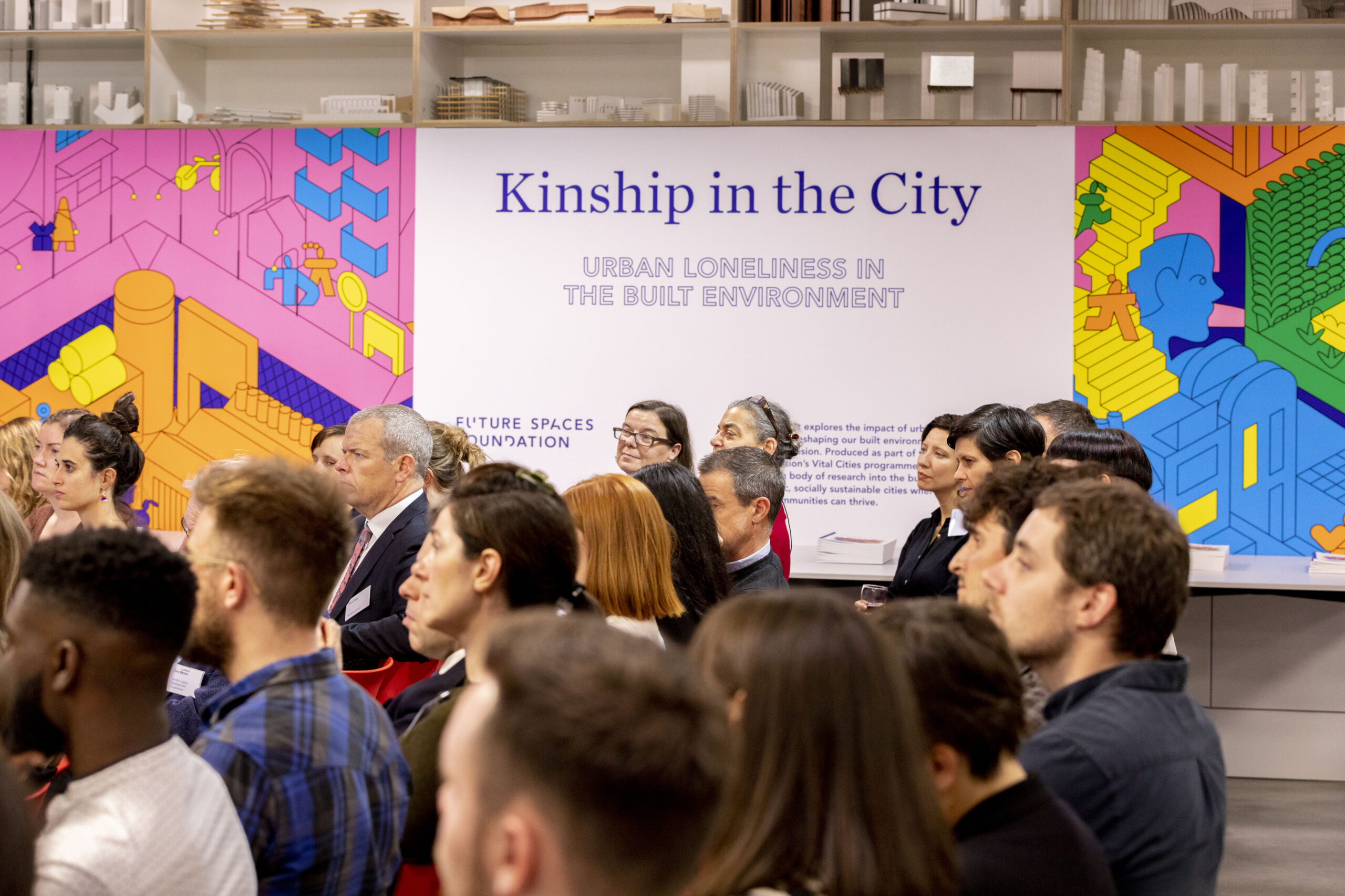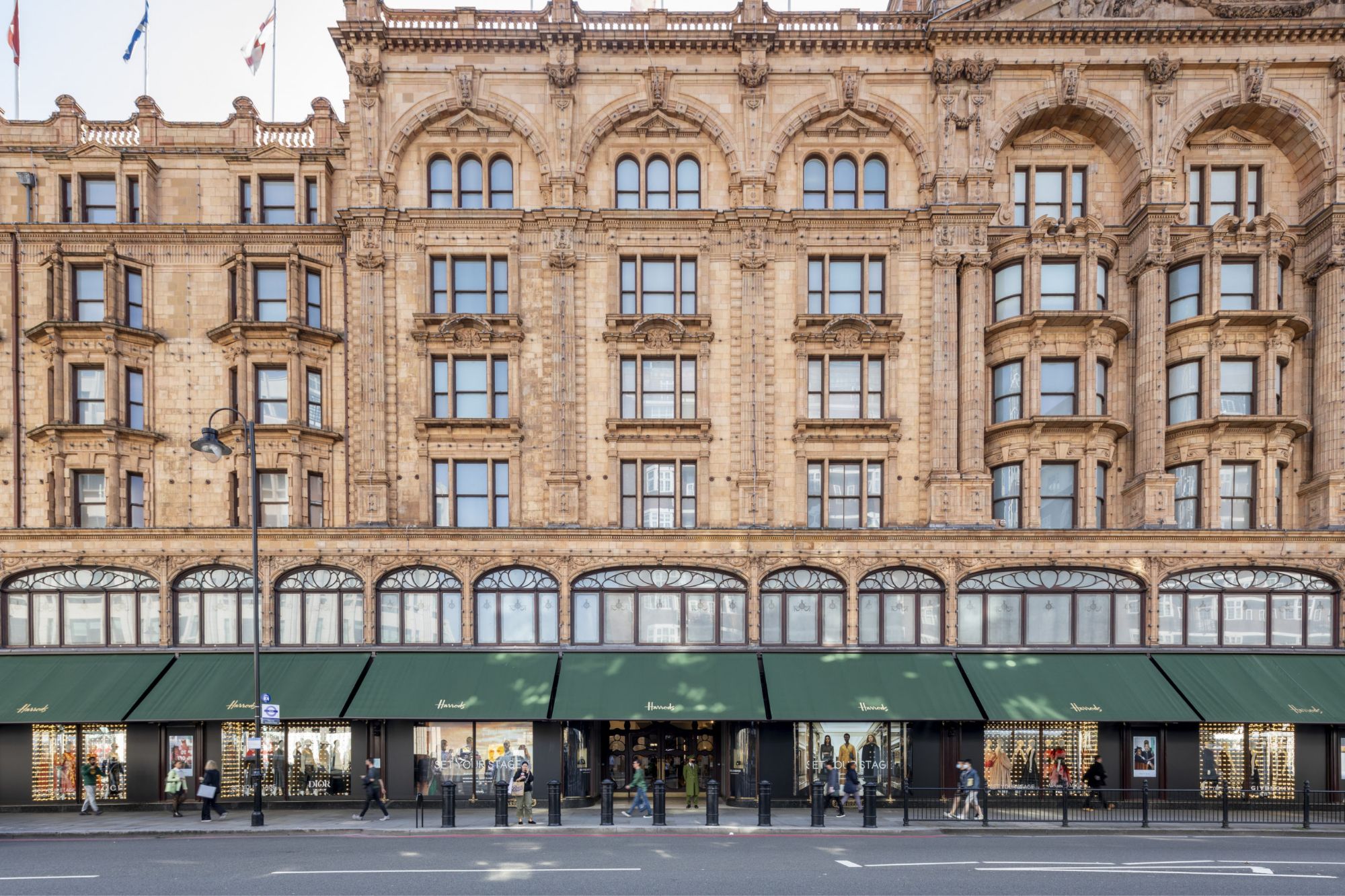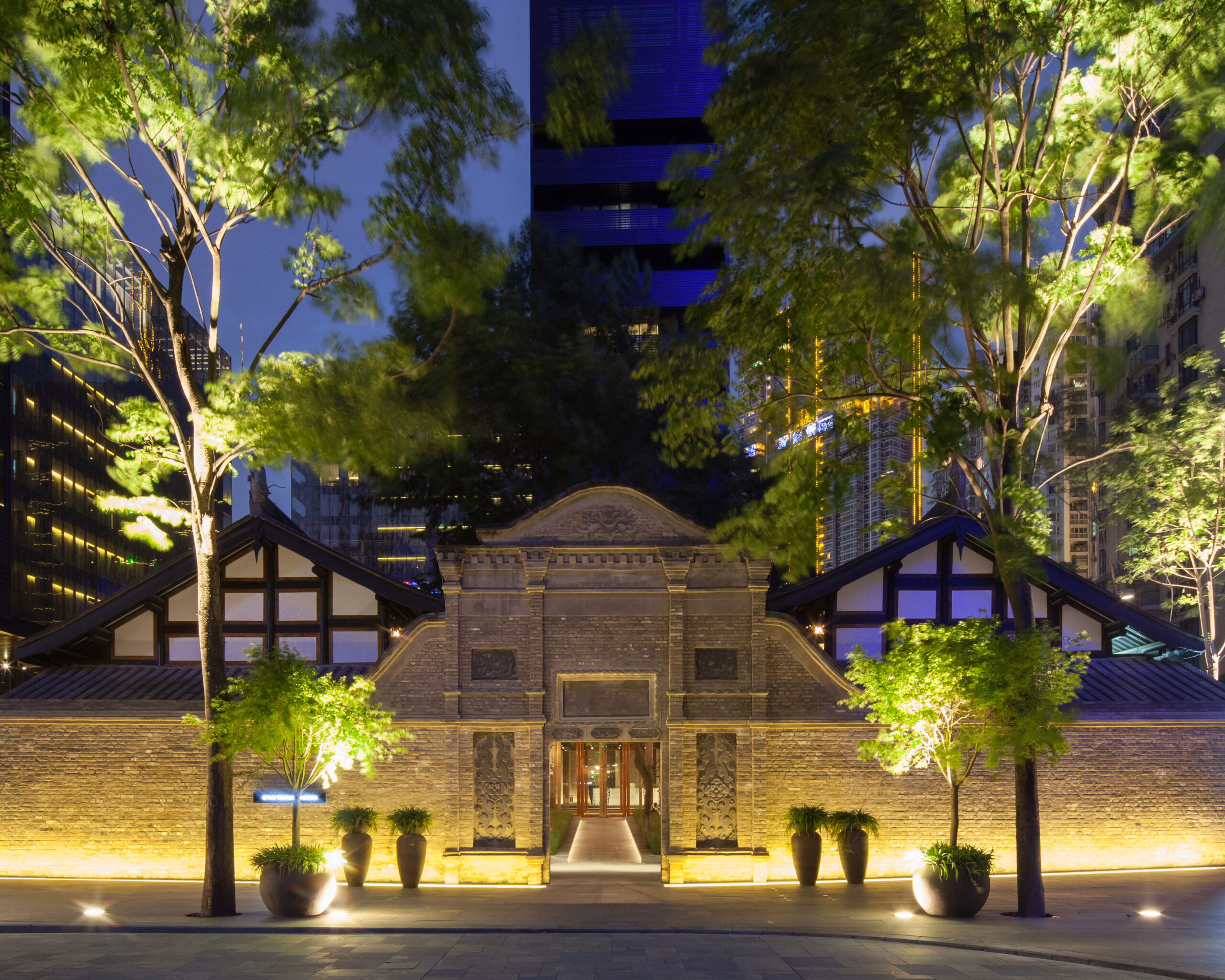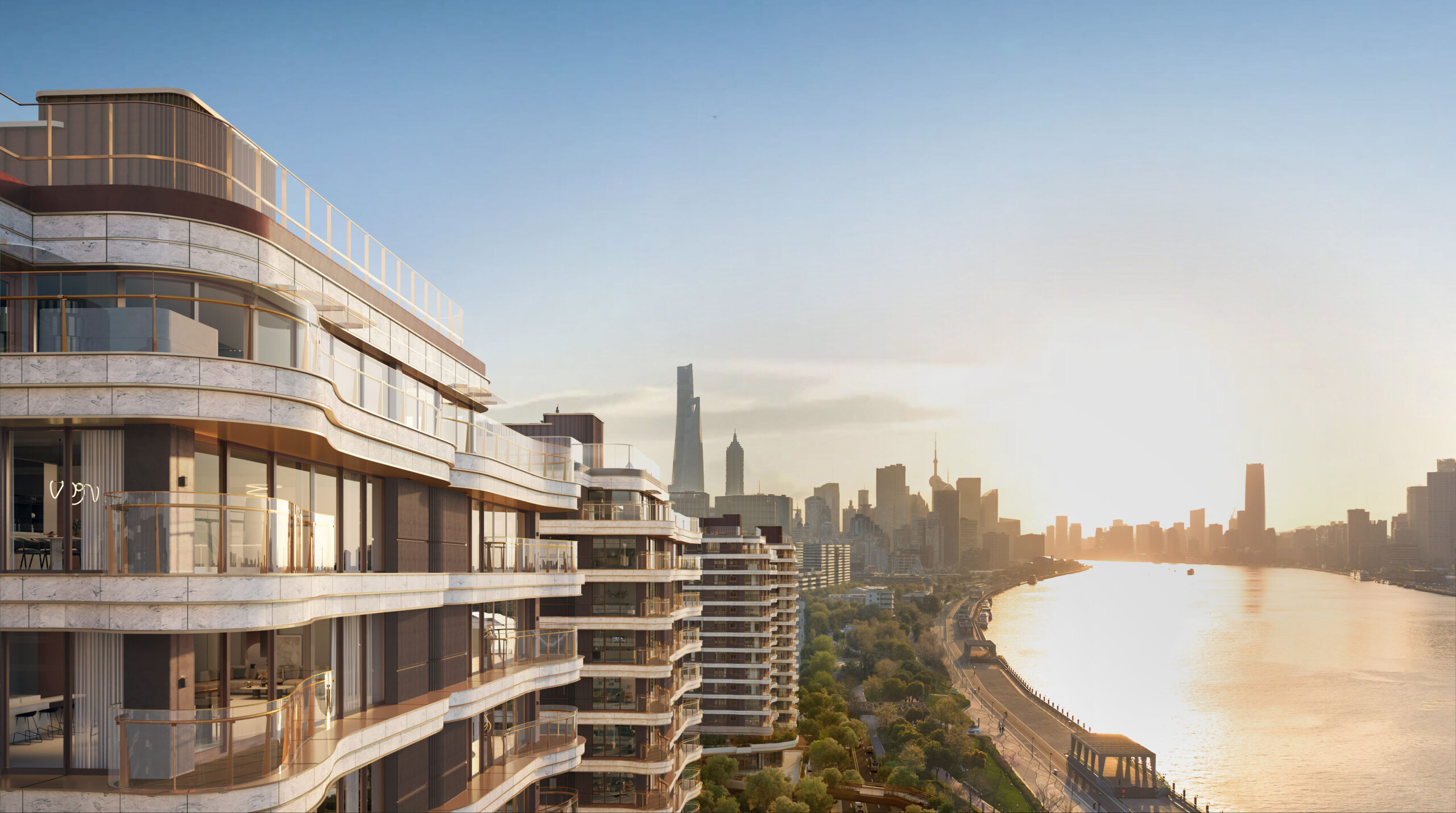












































































































































































































































- 探索:Make的摩天楼群
- Make models: Carlisle Health and Wellbeing Centre
- “Drawing as a method of dialogical design” – an interview with Eugene Tan
- Winner of The Architecture Drawing Prize 2023: an interview with Eldry John Infante
- AI integration at Make: shaping the future of architecture
- Optimising the value of build-to-rent
- Make models: Station Row section model
- Make models: Drum
- Make models: Milton Avenue/Station Row
- 零售设计与酒店设计跨界
- Defining a sustainable workplace – the BCO’s climate emergency challenge
- Discussing exhibitions with Dr Erin McKellar, Assistant Curator (Exhibitions), Sir John Soane’s Museum
- “Spirit is pure, so that’s what I feel here.” – Aunty Margret
- Make models: Seymour Centre
- Hydrogen: Solution or ‘Techcrastination’?
- Q&A with Maker Michelle Evans, project lead on Capella Sydney
- Carbon goggles: looking for facades of the future by reflecting on facades of our past
- Winning the 2022 Architecture Drawing Prize
- Make 模型: 购物中心立面设计竞赛
- Make models: Salford Rise
- Variety in urban living: setting the scene
- Variety in urban living: the challenges and opportunities
- Wilding the City
- Make models: 20 and 22 Ropemaker Street gift models
- Variety in urban living: innovation is key
- 设计再生旅行
- Make models: Jersey South Hill
- Reflections on Make Neutral Day 2023: Part 1
- Reflections on Make Neutral Day 2023: Part 2
- “Let’s do something a bit different”
- A deep dive into an amazing ‘Wunderkammer’
- “My first subject was a house. From then on, I started developing my drawing skills.”
- 《山之境》
- Make models: Brookfield Place Sydney
- Make models: community library model
- “I’ve wanted to be an architect since I was four years old.”
- “I’m learning that architectural designs will need to work in the real world.”
- Make–ReMake
- Embodied carbon of transportation
- From listed buildings to 21st-century schools [2/2]
- Drawing Sydney
- Inspired by “art built” – an interview with Marc Brousse
- Embodied carbon in curtain walls
- Reducing embodied carbon isn’t all about materials
- “Tall buildings mesmerise me.”
- The town centre in five years’ time: Community [1/3]
- Make models: metal etching
- “I’m the first one in my family pursuing architecture.”
- “What can you see behind this building?” – an interview with Fe
- My next getaway
- The town centre in five years’ time: Wellbeing [2/3]
- Make models: 80 Charlotte Street
- 生机建筑:都市森林
- “I want to build things that will explore new depths of the sea.”
- Upfront carbon: how good is good enough?
- The town centre in five years’ time: For everyone [3/3]
- Winner of The Architecture Drawing Prize 2020 – an interview with Clement Laurencio
- Restoring Hornsey Town Hall’s clocks
- A Proposed Hierarchy for Embodied Carbon Reduction in Facades
- From listed buildings to 21st-century schools [1/2]
- Comparing embodied carbon in facade systems
- Building Natural Connections with Energy, People, Buildings
- Designing in the wake of coronavirus
- Musings on The Architecture Drawing Prize 2020
- Living employment
- Bridging the gap
- Stephen Wiltshire
- International Women’s Day 2020
- Inspiring Girls
- Post COVID-19 – What’s next for higher education design?
- Four ways residential design might change after COVID-19
- Make models: The Cube
- One Make
- Atlas – Tech City statement
- Architectural Drawing: States of Becoming
- The Architecture Drawing Prize exhibition reviewed
- ‘Architecture in the frame’ – London Art Fair
- The future of retail and workplace
- Post-COVID
- A Hong Kong perspective on a post COVID-19 society
- Chadstone Link: Making new connections
- Design narratives and community bonds
- Behind the scenes at the 2019 World Architecture Festival
- Drawing on the culture that makes the buildings
- Future modelmakers 2020
- After coronavirus, how can we accelerate change in workplace design to improve connection and wellbeing?
- Improving social ties in our cities
- Q&A with our student modelmakers: Theodore Polwarth
- Q&A with our student modelmakers: James Picot
- The Teaching and Learning Building model by James Picot
- The City is Yours
- Pablo Bronstein
- Encouraging spaces of conviviality
- The importance and passion of heritage in the built environment
- No show, so what next?
- The Madison model by Theodore Polwarth
- Choosing architectural modelmaking
- The Big Data Institute model by Finlay Whitfield
- Q&A with our student modelmakers: Finlay Whitfield
- World Heritage Day 2020
- Make models: Agora Budapest
- Drawing in Architecture
- Draw in order to see
- Our commitment to sustainable design
- Asta House – Local living in Fitzrovia
- Project delivery at 80 Charlotte Street
- Make models: Chadstone Link
- Langlands and Bell – Observing and Observed
- Telling Stories: The power of drawing to change our cities
- What role will hotels play in our society after COVID?
- Sketchbooks: draw like nobody’s watching
- Transparency and a sense of investment
- Honest, in-depth learning
- Leaving a mark
- The hand does not draw superfluous things
- Make models: 20 Ropemaker Street, part 2
- Balance
- The value of the drawing
- Museum for Architectural Drawing, Berlin
- Prized hand-drawings return a building to an organically conceived whole
- Drawing details – technical and poetic
- Draw to Make
- Living with loneliness
- Betts Project
- An update from Sydney
- Combating loneliness in the built environment
- Make models: 20 Ropemaker Street, part 3
- Sydney born and razed
- Make models: 20 Ropemaker Street, part 1
- Architecture and Creativity
- Retail innovation beyond the shop door: Lessons from the USA (part 3)
- Retail innovation beyond the shop door: Lessons from the USA (part 2)
- Retail innovation beyond the shop door: Lessons from the USA (part 1)
- Drawing to an end?
- High-density living in Hong Kong
- Make’s past, present and future
- The Architecture Drawing Prize – Not just another competition
- Community connections
- My time with the BCO
- The call of the wild
- The art of an art historian
- Mary, queen of hotels
- Make models: Portsoken Pavilion
- The Make Charter
- Make models: LSQ London
- Disappearing Here – On perspective and other kinds of space
- Why Brexit will see a glass half-full emptied
- Drawing and thinking
- Make models: Grosvenor Waterside
- The Hollow Man: poetry of drawing
- Above and beyond
- Making shops exciting again: Lessons from the Nordics (part 1)
- Making shops exciting again: Lessons from the Nordics (part 2)
- Plein air in the digital age
- A “Plan in Impossible Perspective”
- Making shops exciting again: Lessons from the Nordics (part 3)
- The future of bespoke HQs
- World-class architecture
- Make models: The Luna
- Drawing architecture
- The future is bright but not the same
- Art Editor’s picks
- Employee ownership
- The tools of drawing
- Trecento re-enactment
- The Architecture Drawing Prize exhibition review
- Lessons on future office design from Asia Pacific
- The human office
- How drawing made architecture
- Advocating sustainable facade design
- Make models: FC Barcelona’s Nou Palau Blaugrana
- Drawing as an architect’s tool
- Are you VReady?
- Cycle design for the workplace
- The Architecture Drawing Prize
- Make models: an urban rail station
- Reporting from Berlin
- City-making and Sadiq
- Hand-drawing, the digital (and the archive)
- Ken Shuttleworth on drawing
- The green tiger
- Stefan Davidovici – green Mars architect
- When drawing becomes architecture
- Make models: Swindon Museum and Art Gallery
- The role of the concept sketch
- Make calls for a cultural shift in industry’s approach to fire safety
- 2036: A floor space odyssey
- Harold on tour
- London refocused
- Hotels by Make
- Full court press
- Digital Danube
- Don’t take a pop at POPS
- The future of architecture – Matthew Bugg
- The future of architecture – Jet Chu
- The future of architecture – Robert Lunn
- The future of architecture – David Patterson
- The future of architecture – Rebecca Woffenden
- The future of architecture – Katy Ghahremani
- Safer streets for all
- The importance of post-occupancy evaluation for our future built environment
- Put a lid on it
- Designing for a liveable city
- The future of architecture – Bill Webb
- Bricks – not just for house builders
- Designing in the City of Westminster
- Rolled gold
- How to make a fine suit
- Responsible sourcing starts with design
- Is off-site manufacture the answer?
- Developing a design for the facade of 7-10 Hanover Square
- Curious Sir Christopher Wren
- Responsible resourcing should be an integral part of every project
- The socio-economic value of people-focused cities

The events of the past few months suggest there is a sharp divide between the way the young and old think in the UK. However, at the recent Estates Gazette roundtable entitled “Property’s next generation: the change agents”, the consensus among younger professionals in the industry was that the older generation is listening to them more than ever.
With the tide turning against some of the “old, traditional ways”, according to British Land attendee James Rolton, we are bound to see the ideas of the next generation playing more and more of a central role in the way we do things.
Held as part of the London Real Estate Forum 2016, it was an honour to be invited to take part in the event, which gathered 20 millenials across firms such as British Land, Knight Frank, The Collective, Rogers Stirk Harbour + Partners and Leadlease.
Emily Wright, features and global editor at the Estates Gazette chaired the discussion, which centred on who the next generation is and how they can help shape the future of the built environment.
So what do the next generation think?
Below are five of the most salient points I took from the conversation:
What’s the definition of “next generation”?
It’s not just a matter of age – the term encapsulates individuals who were also “wanting to set the world on fire”, as well as having reached a certain professional maturity (around 10-15 years’ experience) and the influence that comes with it.
What are the new challenges of the modern workplace?
The fact that the next generation needs to be adaptable, flexible, and open to change if they want to be successful. Stability, lifelong employment in a single company, or even doing the same job one’s whole life are not something this group is likely to experience. The world is rapidly changing and technology will increasingly affect the way we live and work.
What is the next generation known for?
While tech was seen as being synonymous with millennial-led innovation, there was some debate over whether there is more to the story than CRE tech (commercial real estate technology). Design also has the power to “address real social problems” and change people’s lives.
What are the biggest challenges or opportunities the next generation faces?The public sector is not as innovative as some of the private sector, often putting up barriers to unconventional new ideas, because they don’t fit in the boxes and regulations already in place. Governments and councils need to attract young people with dynamic ideas, and give them the power to change things.
How are the next generation changing the industry?
Alternative development projects led by ambitious young entrepreneurs – eg Boxpark and The Collective – reduce the red tape and project timelines from start to completion. The Collective CEO Reza Merchant described his company as providing an alternative form of living and working, purposefully designed for young people.
It’s worth making one final point, that the majority of the participants of the roundtable were male and Caucasian. If we are to design for an increasingly diverse society, then increasing diversity within the sector is a challenge we must all meet head-on.
However if the energy, expertise and passion of this particular group of individuals is anything to go by and the fresh and exciting ideas that they brought to the debate, it feels like there won’t be much that we can’t achieve and change if we put our minds to it.
